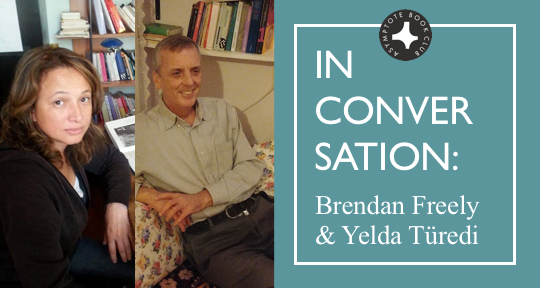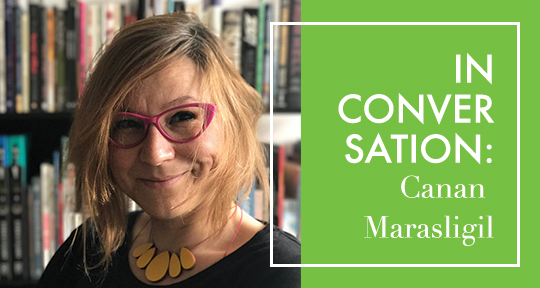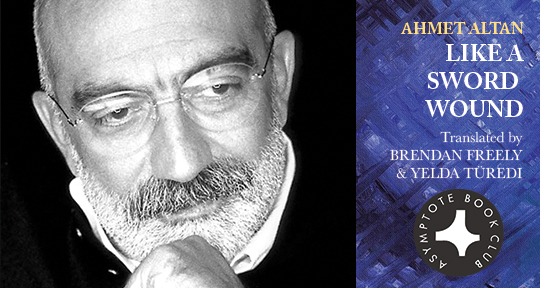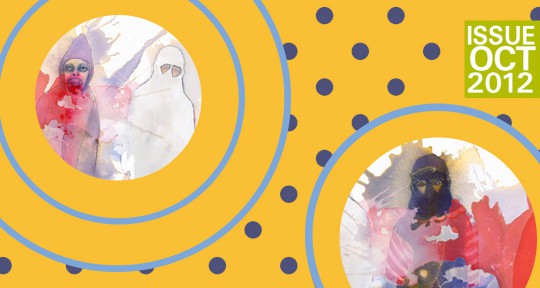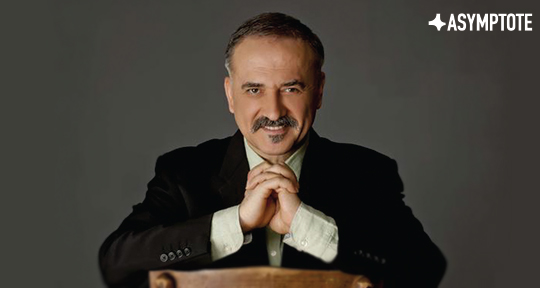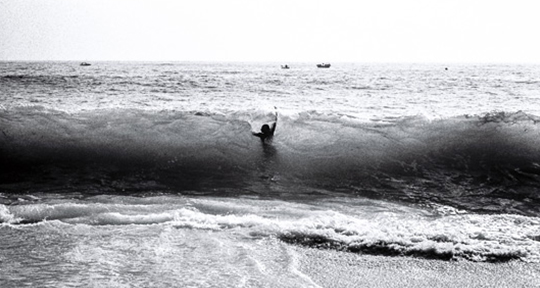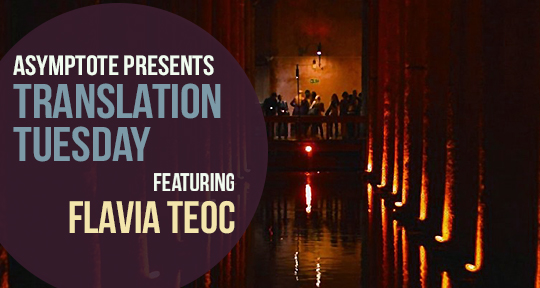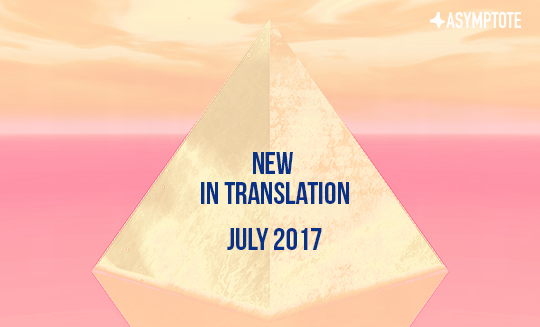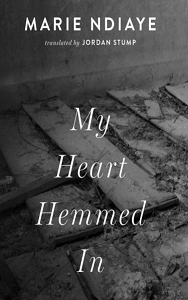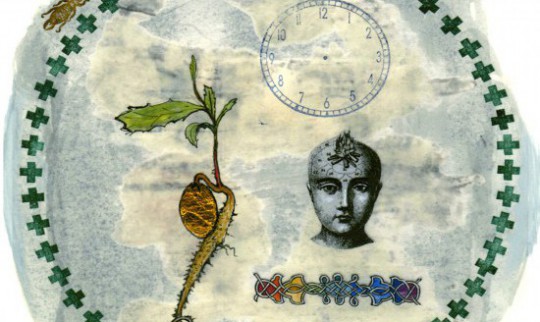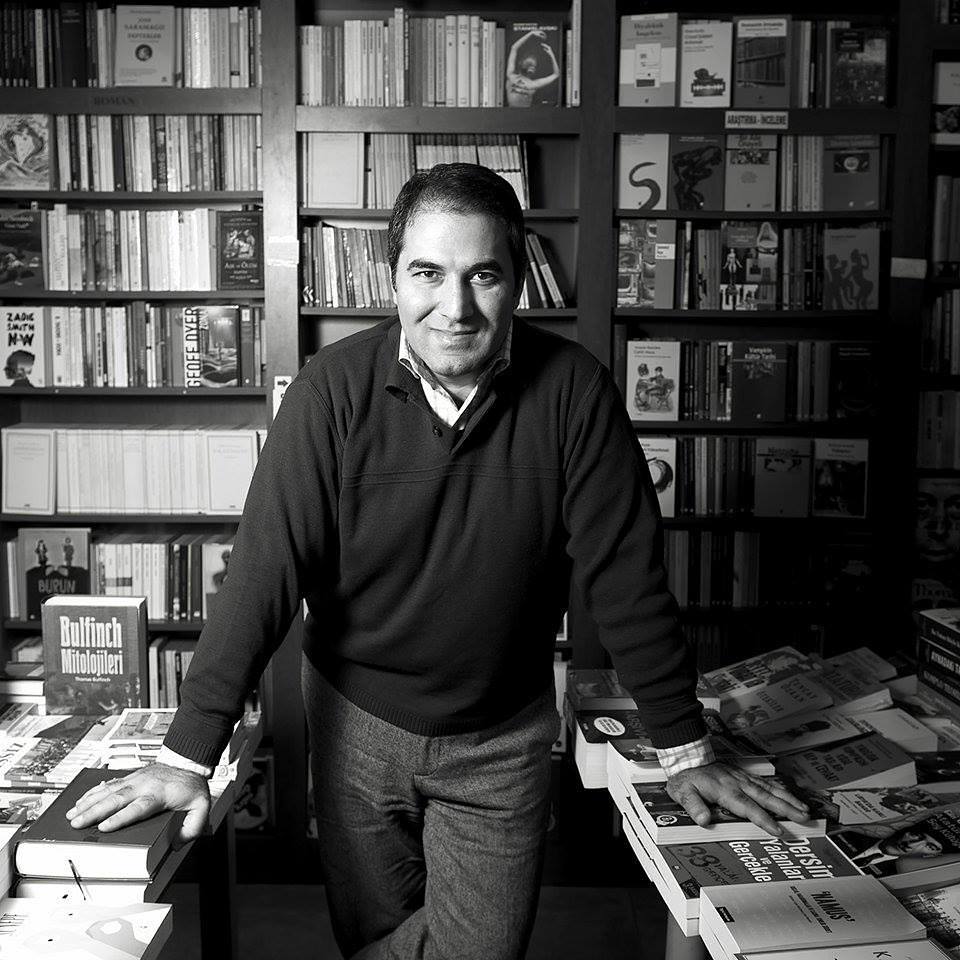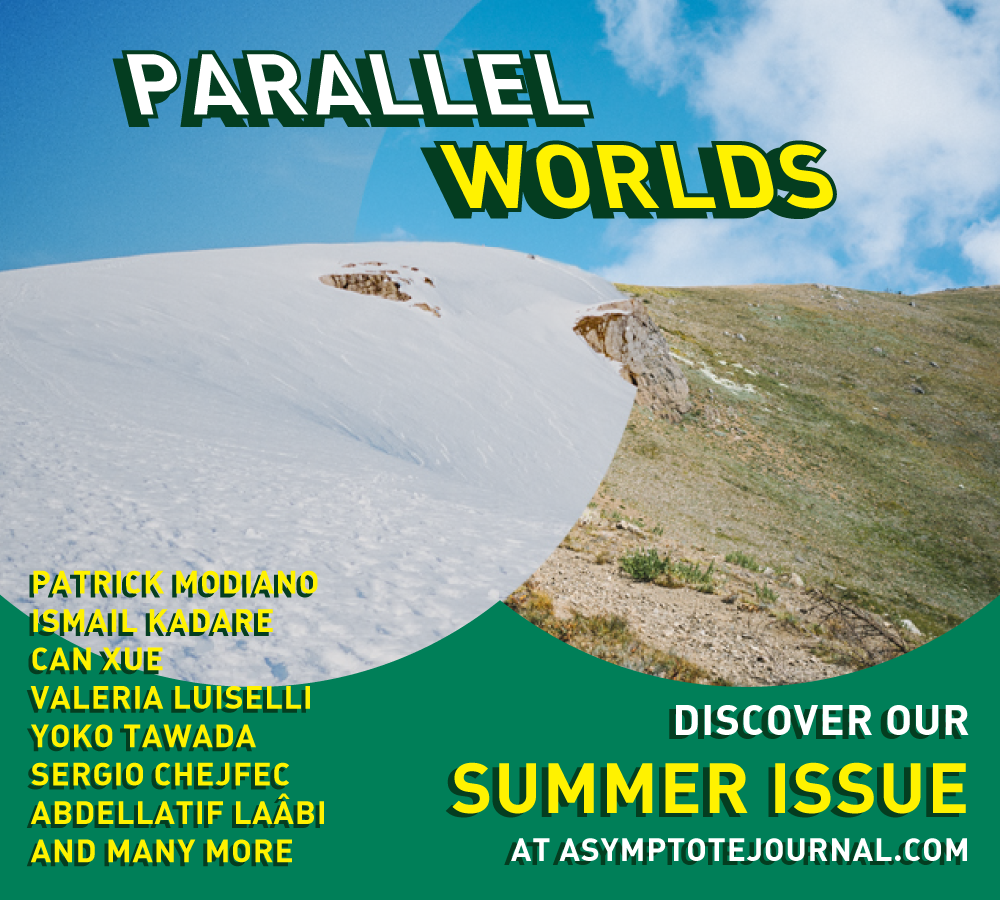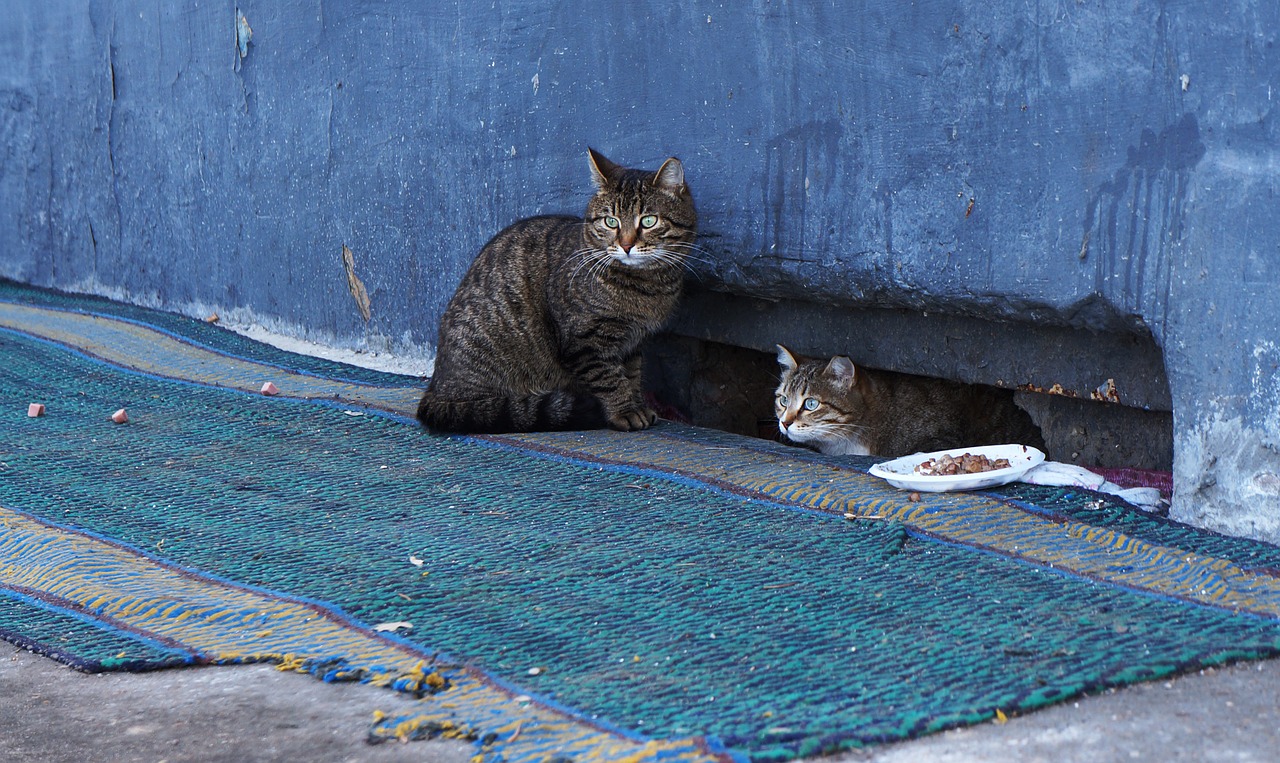Chaos: A Fable by Rodrigo Rey Rosa, translated from the Spanish by Jeffrey Gray, AmazonCrossing, 2019.
Imagine finding yourself in an unknown country, with no understanding of how you got there and the taste of dread in your mouth, and you’ll have a good sense of how it feels to read acclaimed Guatemalan writer Rodrigo Rey Rosa’s novella Chaos: A Fable. According to the publisher’s synopsis, Chaos sets out to be both a “provocative morality tale” and a “high-tech thriller,” and, indeed, it seems to land somewhere between the two: think John le Carré “espionoir” meets Franz Kafka’s The Trial.
Translated from the Spanish by Jeffrey Gray, Chaos is Rey Rosa’s nineteenth novel (the seventh to be translated into English). It follows Mexican writer Rubirosa as he reconnects with an old friend in Morocco and, by agreeing to a seemingly simple favor, finds himself drawn into an international plot to end human suffering by bringing about a technological apocalypse. Chaos indeed.
For a novel titled Chaos, it is perhaps unsurprising that I found the reading experience itself disorientating; so much so, in fact, that as soon as I read the last line, I had to flick back to page one and read it all again to make sure I hadn’t missed anything. (Fortunately, at only 197 pages, you can pretty much do so in one sitting.) Starting—mundanely enough—at a book fair in Tangier, the novella takes the reader on a breath-taking ride via the United States and Greece to Turkey. And I’m sure that, even on a second read, there were allusions and references that went far over my head.


